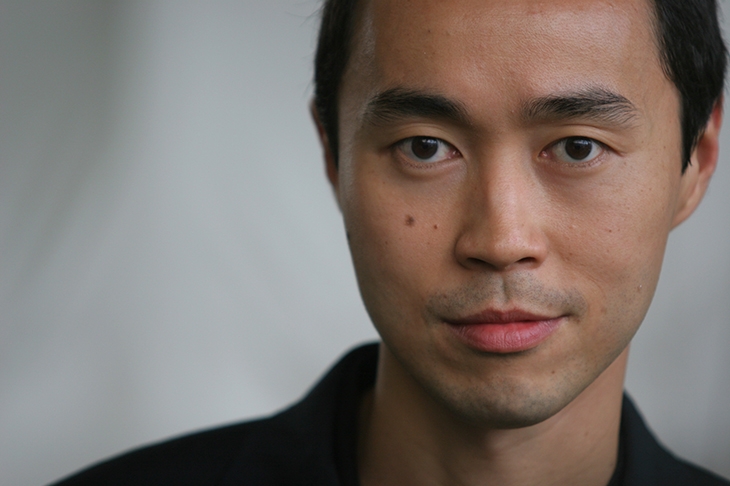It’s not immediately obvious who the survivors in Tash Aw’s formidable new novel are, or who the narrator even is, or who has been killed. We know there has been a murder, however, or a culpable homicide not amounting to murder, as the narrator quotes the person being addressed as describing it. Details reveal themselves gradually: the narrator is a Chinese Malaysian man called Lee Hock Lye — known to his friends as Ah Hock — who is recounting the story to a local journalist of how he ended up in prison (for what part, in what crime exactly, we don’t know yet).
His descriptions of the night of the killing are vivid: ‘I walked through the long grass — it was stringy and sharp and slashed my legs right up to my knees. It was hot, I was wearing shorts, my skin started to sting.’ Alongside this intense rendering of sensations, there is a powerful feeling of disassociation, and at times Ah Hock recalls Meursault, the title character of Camus’s L’Étranger.
Later, he observes:
Sometimes your brain doesn’t recognise danger or risk until much later — days, weeks, years — and it’s only then that the event feels scary, because the passing of time has made it seem that you had a choice.
Ah Hock describes his childhood, the shame that followed his mother as a single woman and his own ambition to escape the fishing village of his birth. These are some of the liveliest and most memorable sections of the book, partly because they are brilliantly written and partly because there is a danger with writing this flawless that it can take on a patina of blandness. But Aw’s use of the child’s-eye view dispels this.
Ah Hock heads to Kuala Lumpur, for a series of dead-end jobs, and as his frustration grows, so does our sense of danger. He mocks the ‘fine distinction’ between different roles assigned to waiters in a restaurant and his own past excitement at being promoted to the job of placing dishes on the table while someone else holds the tray. These apparently trivial dissatisfactions diminish him, and when he is embroiled with hiring hideously exploited migrant workers, there is a sense that no one benefits from this economic structure.
We, The Survivors is ultimately a powerful examination of immigration and society in south-east Asia that, crucially, never sacrifices its plot for its message.






Comments